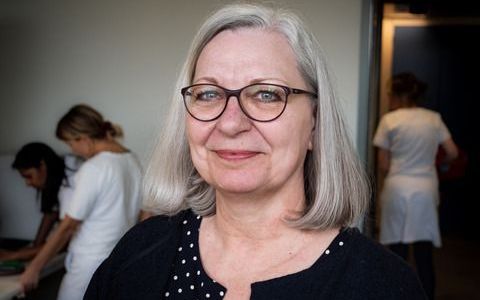Danish Ethical Council to reflect upon assisted-suicide

Anne-Marie Axø Gerdes. Photo www.etiskraad.dk
Northern Europe
The Danish Council on Ethics is going to think about assisted suicide. The body has taken this step after the German Medical Association accepted physician-assisted suicide earlier this month.
After the German decision, it is a logical step to reflect upon the situation in Denmark. That says Anne-Marie Axø Gerdes in an interview with the Kristeligt Dagblad. The Danish Council on Ethics (Det Etiske Rad) is getting new members constantly. Therefore, it is necessary to have an impression of what the opinions are, she says. “We need this internal discussion.”
Axø Gerdes thinks assisted suicide is very different from euthanasia. “I do not support active euthanasia in the form in which it takes place in the Netherlands and Belgium. The legislation is very liberal there, and it is the doctors who give a syringe that kills the patient. But assisted suicide differs in that it is the patient himself who acts.”
One of the reasons she is “concerned” about the Dutch and Belgian situation is that the room for euthanasia is constantly increasing. “More and more patient types being allowed to receive active euthanasia along the way. You start with the obvious patients, for example, terminal cancer patients. But it is extremely difficult to determine an unbearable condition for the individual patient. Therefore there can quickly be more patient types who also believe that they are unbearable.”
The president of the ethical council doesn’t say whether she favours the possibility of assisted suicide herself. “It’s a question that is more nuanced than just being for or against euthanasia.”
It would not be suitable to block the possibility of assisted suicide beforehand, says Axø Gerdes. “It is always a dilemma between respecting the individual’s right to decide for himself and what values we would like to stand for as a society. That in itself is an unsolvable dilemma. As it is today, where it is illegal in this country, the individual has no right to self-determination, and that is a price we pay as a society.”



